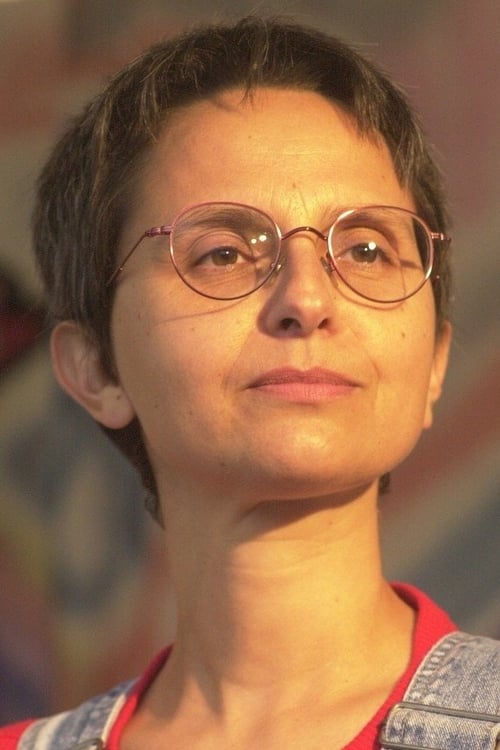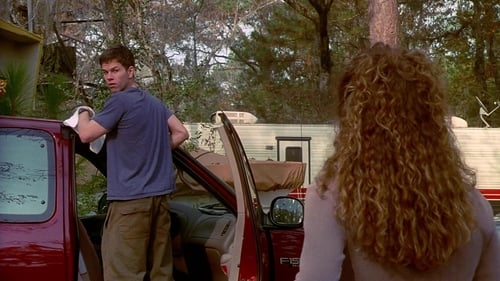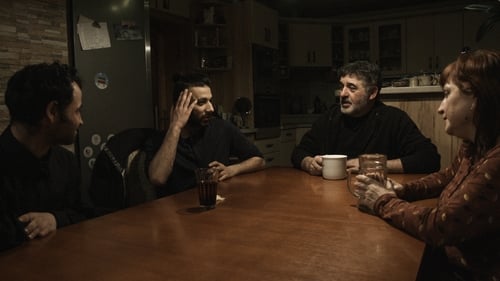Black and White in Colour (1999)
ジャンル : ドキュメンタリー, 音楽
上映時間 : 59分
演出 : Mira Erdevički
シノプシス
A vivid documentary portrait of Véra Bílá (1954-2019), a Gypsy singer acclaimed in the international music world. The film explores Romany culture and what it means to be part of a marginalized minority group. She was dubbed the Ella Fitzgerald of Romani music. The Czech singer enjoyed international success in the late Nineties when she was signed to the German record label BMG.










